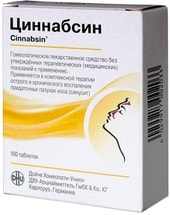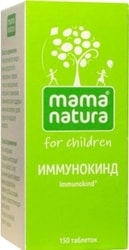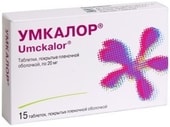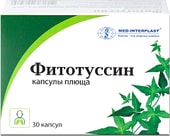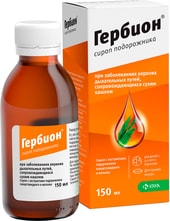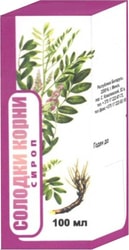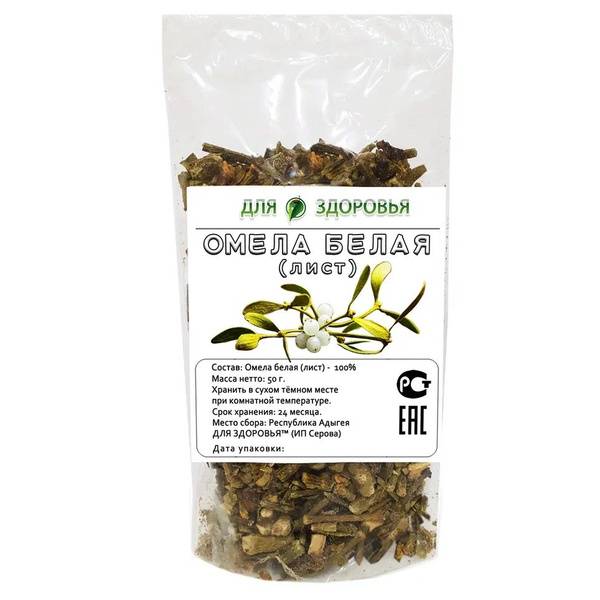
Mistletoe, a perennial evergreen plant often called a "parasite," belongs to the Santalaceae or Viscaceae family, depending on the source. Originating in East Asia, Africa, and Australia, it's also found in Europe, where a colored variety exists. Mistletoe parasitizes trees, drawing moisture and nutrients. It forms small, spherical bushes, most commonly seen on apple, linden, poplar, and birch trees, becoming particularly visible in winter when the host tree's leaves fall. Reaching heights of 10 to 125 cm, it features oblong, light-green leaves arranged in pairs. Blooming in spring (March-April), it produces small flowers that develop into round berries (up to 1 cm in diameter), each containing a single seed. Over 75 mistletoe varieties exist, with White Mistletoe and Willow Mistletoe being the most common. This herb finds applications in medicine and cosmetology.
Despite its parasitic nature, mistletoe contains beneficial compounds including carbohydrates, organic acids, steroids, flavonoids, saponins, and more. It exhibits astringent, antibacterial, anticonvulsant, laxative, and diuretic properties. Furthermore, it:
Mistletoe effectively treats various nervous system disorders. Its hypotensive properties stem from the inhibition of vasomotor centers in the brain and spinal cord. It's recommended for hypotension, hypertension, and high blood pressure, as it dilates blood vessels, increases diuresis, and promotes the excretion of nitrogenous waste products.
Liquid mistletoe extract is prescribed for nasal and intestinal bleeding. It's also used for neuralgic pain, radiculitis, spondylitis, and intestinal atony. Mistletoe helps manage epileptic seizures during exacerbations and is used in the treatment of colpitis and prolonged uterine bleeding.
Mistletoe, mistletoe herb, 50g, herbal remedy, natural medicine, high blood pressure, hypertension, hypotension, nervous system disorders, antibacterial, anticonvulsant, diuretic, hemostasis, wound healing, epilepsy, colpitis, uterine bleeding, White Mistletoe, Willow Mistletoe, organic acids, flavonoids, saponins, post-operative recovery, immune system support, blood pressure regulation, herbal supplement, natural treatment, traditional medicine.
